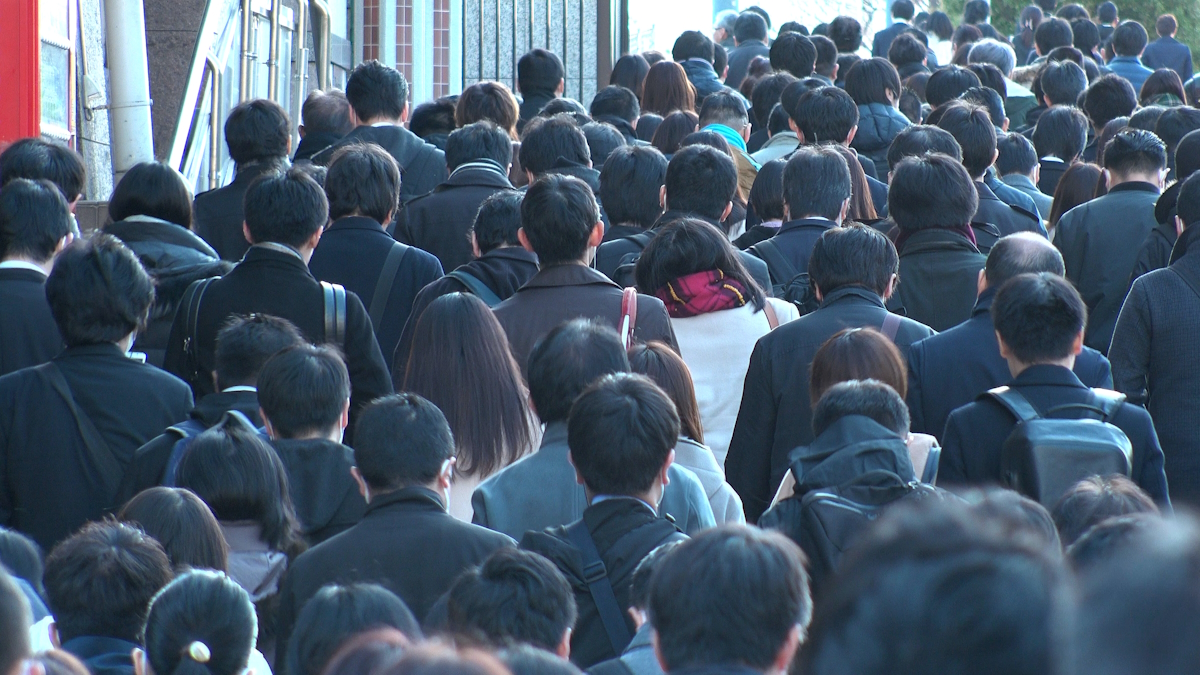Japan is no longer the world’s third-largest economy. According to recent government figures, Japan’s gross domestic product (GDP) decreased by an annualised 0.4% in the October-December period (Q4), following a 3.3% decline in the preceding quarter, marking the fallback into a technical recession.
According to the economic data, Japan’s GDP was at $4.2 tn in 2023. Germany overtook Japan with $4.5 tn, relegating the country to fourth place of the world’s largest economies.
Weak domestic demand was the main reason for the ongoing contraction of the Japanese economy. Private consumption, an important pillar of the economy, fell by 0.2% in Q4.
According to Takuji Aida, chief economist at Credit Agricole, there is a risk that the Japanese economy will contract again in the current January-March quarter. This was “due to the slowdown in global growth, weak domestic demand and the impact of the New Year quake in western Japan”, he told Reuters news agency.
However, some economists expect a rebound. “A wide variety of hard and soft data mostly suggest a recovery,” comments Min Joo Kang, Senior Economist for Japan at ING. “Exports will continue to be the main growth engine in the current quarter. Monthly trade data shows a solid performance in IT and vehicles. And the above-50 manufacturing PMI also suggests an optimistic outlook for exports in the near term. Private consumption should also improve, given the slight stabilisation in inflation in 1Q24 and our expectation for solid wage growth in FY24.”
But the weak data has sparked speculation about when the central bank might start winding down its long-standing expansive monetary policy.
“The Bank of Japan (BoJ) will likely now become even more cautious about any policy change,” says Kang. “We believe the June rate hike option is still valid but with the growing possibility of a delay until 3Q24.”


 Australia
Australia China
China India
India Indonesia
Indonesia Japan
Japan Malaysia
Malaysia Philippines
Philippines Singapore
Singapore South Korea
South Korea Taiwan
Taiwan Thailand
Thailand Vietnam
Vietnam







